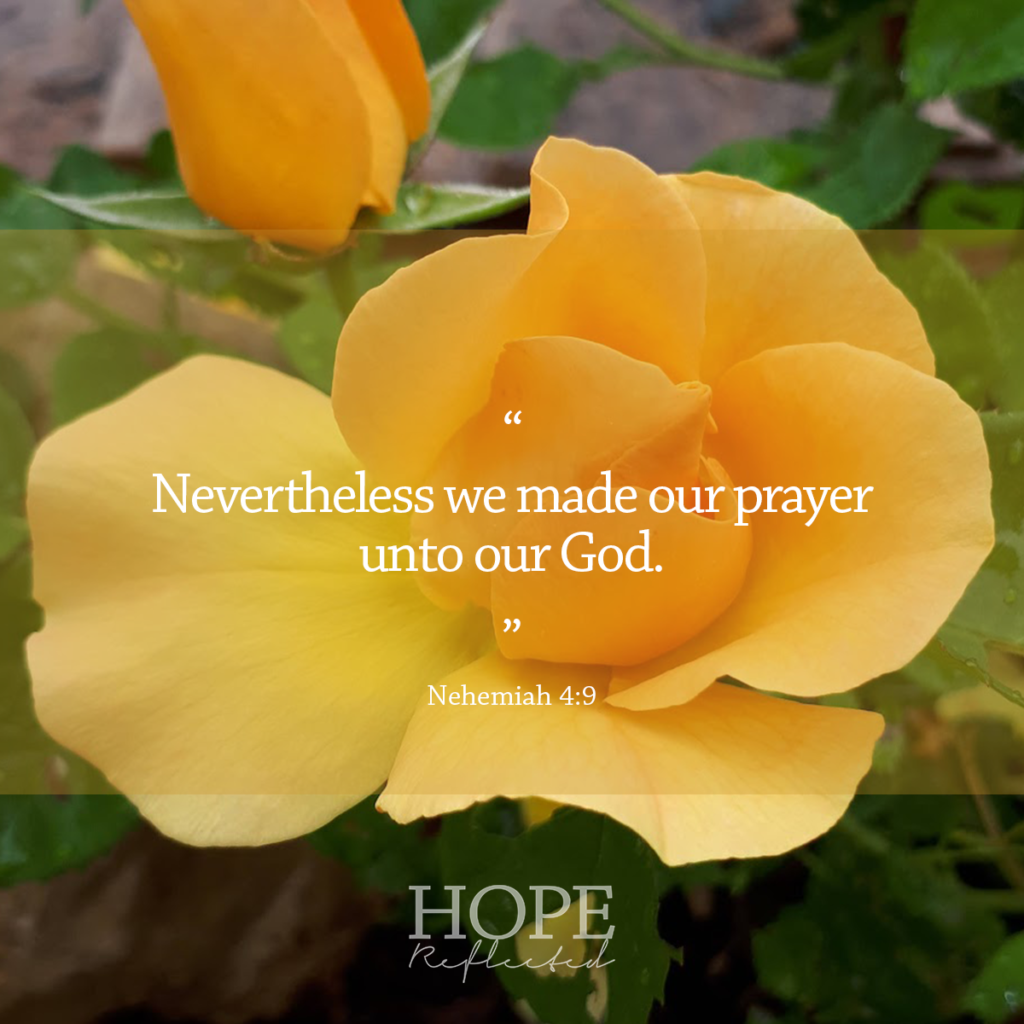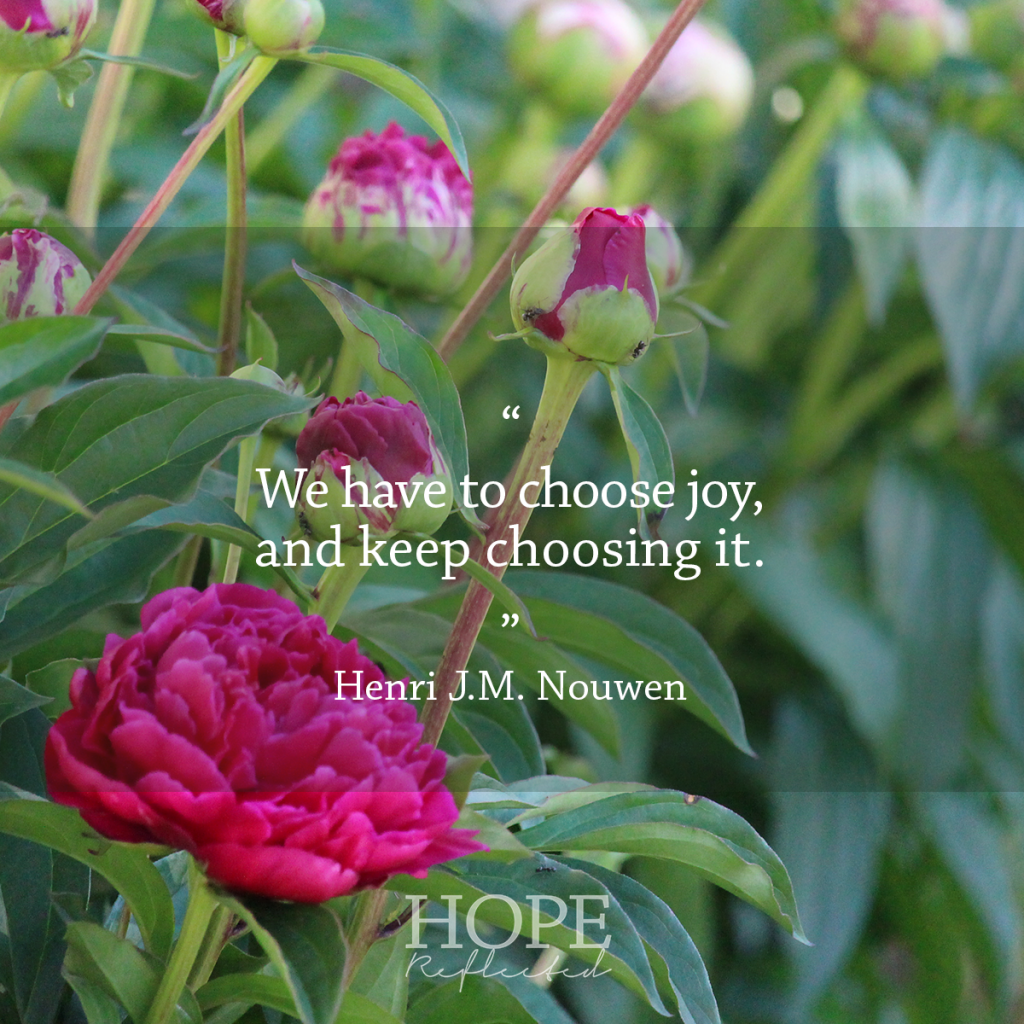Community
Written by H, Posted in Christian Living, Published Work

Characteristics of a strong community
After giving up his position in the court of the Persian king Artaxerxes, Nehemiah served his people as governor in rebuilding the city of Jerusalem. We read all about the rebuilding of the city in the Old Testament book of Nehemiah, which presents us with a wonderful example of how prayer, encouragement, and loyalty build a strong community.
“Nevertheless we made our prayer unto our God,”
Nehemiah 4:9
When Nehemiah heard of the desolation of Jerusalem and that the city had been left in ruin, he was distraught, and his first reaction was to pray. “And it came to pass, when I heard these words, that I sat down and wept, and mourned certain days, and fasted, and prayed before the God of heaven,” (1:4). His city was destroyed, and only a remnant of the people was left. Throughout the book of Nehemiah, the importance of prayer is highlighted. Nehemiah was fervent in prayer; he sought the Lord first, and encouraged his community to do the same.
When we are going through a crisis and we are wearied by world news, is it our instinct as a community to cry out to God in prayer, or are we more apt to rest in our own abilities first? “Nevertheless we made our prayer unto our God,” (4:9). The Lord led Nehemiah to help rebuild the city, and through prayer Nehemiah and his community persevered.
Encouragement is a vital part of community
Just as prayer is a vital part of community, so is encouragement. Nehemiah encouraged his community to rebuild the walls of Jerusalem, and even when the going got tough and they faced incredible opposition, he continued to encourage his people. “Be not ye afraid of them: remember the LORD, which is great and terrible, and fight for your brethren, your sons, and your daughters, your wives, and your houses.” (4:14). When Nehemiah and his community came up against scorn and ridicule, instead of getting discouraged, they encouraged each other to keep going. When they were faced with physical opposition, they came together even stronger. “In what place therefore ye hear the sound of the trumpet, resort ye thither unto us: our God shall fight for us.” (4:20).
Do we rally together with our community, ready to serve with our neighbours and encourage those around us? Like discouragement, encouragement is equally contagious. Which do we spread? Despite the huge task before them, Nehemiah and his community encouraged one another.
Impacting a community for future generations
The book of Nehemiah not only shows us how prayer and encouragement can strengthen a community, but also how loyalty can impact a community for future generations. While some may think that rebuilding the city wall was a task reserved for stonemasons or skilled carpenters, in Nehemiah’s community there was a place for every person. Each member demonstrated their loyalty by coming together to see how they could help. “Next unto him repaired Uzziel the son of Harhaiah, of the goldsmiths. Next unto him also repaired Hananiah the son of one of the apothecaries, and they fortified Jerusalem unto the broad wall.” (3:8). From goldsmiths to perfumers, everyone was committed to getting the job done. Each of us brings a unique gift to our community, and we should be willing to share it with others.



![False friends or counterfeit kindness; whatever you want to call it, the world is filled with people who will say one thing to your face and then another behind your back; people who will woo you in order to get something from you.
It’s sad, but it’s true.
The Bible provides us with examples from Joab to Judas, and yet, we’re surprised when we find ourselves deceived and hurt by someone else.
So what are some of the hallmarks of a true friend?
You can read more about this on hopereflected.com [Link in profile]
.
.
.
#friends #friendship #kindness #counterfeitkindness #hurt #proverbs #truefriends #hopereflected #blog #blogpost](https://www.hopereflected.com/wp-content/plugins/instagram-feed/img/placeholder.png)